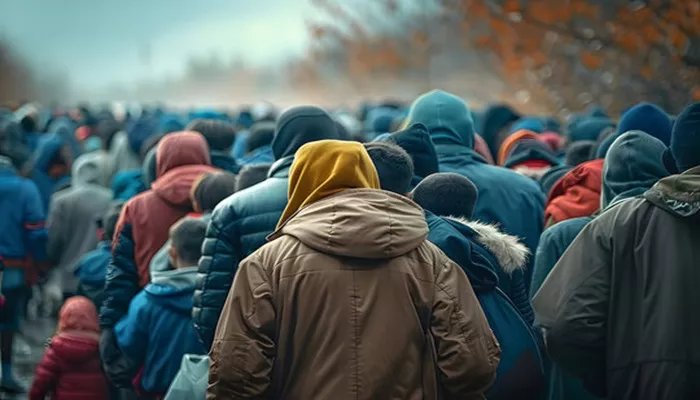Navigating the process of renewing a work permit can often feel frustrating and confusing. For many, this period of uncertainty can be stressful, especially when employment opportunities hinge on timely approvals. Understanding the various factors that contribute to delays in work permit renewals can help alleviate some of this anxiety. This article will explore the common reasons for delays, the impact of external factors, and tips to expedite your application.
Understanding Work Permits
What Is a Work Permit?
A work permit is a document that allows an individual to work legally in a country. It is often required for non-citizens or residents. The rules and regulations surrounding work permits vary significantly from one country to another. In many cases, work permits must be renewed periodically, depending on the terms of the original permit.
Why Renew a Work Permit?
Renewing a work permit is essential to maintain legal employment status. It ensures that individuals can continue working without interruptions. Failure to renew a work permit on time can lead to legal complications, job loss, and difficulties in securing future employment.
Common Reasons for Delays in Work Permit Renewals
1. Incomplete Applications
One of the most common reasons for delays is the submission of incomplete applications. Government agencies require specific documents and information to process renewals. Missing documents or incorrect information can result in requests for additional information, causing significant delays.
Key Documents Often Required:
- Current work permit
- Passport copies
- Employment verification letters
- Proof of residency
- Tax documents
2. High Volume of Applications
Government agencies often experience a surge in applications during certain times of the year. For instance, fiscal year-end or immigration policy changes can lead to increased workloads. When agencies are inundated with applications, processing times can lengthen considerably.
3. Background Checks
Most work permit renewals require thorough background checks. These checks can include criminal history, employment verification, and immigration status. If there are complications or flags in the background check, the renewal process may be delayed.
What Happens During a Background Check?
- Verification of personal information
- Review of criminal records
- Assessment of past immigration history
4. Changes in Immigration Policies
Immigration policies can change with little warning. New regulations, processing fees, or eligibility criteria can affect how quickly applications are processed. If a new policy is implemented during your application period, it could lead to unexpected delays.
5. Delays in Biometrics Appointments
Many countries require applicants to undergo a biometrics appointment as part of the work permit renewal process. This involves fingerprinting and photographing the applicant for identification purposes. If there are delays in scheduling these appointments, it can push back the overall timeline for the renewal.
6. Errors in Government Processing
Sometimes, delays occur due to internal errors within the government agency handling the application. Lost paperwork, incorrect data entry, or miscommunication between departments can lead to significant hold-ups.
see also: Which European Country Is Easy to Get Citizenship?
The Impact of External Factors
1. COVID-19 Pandemic
The COVID-19 pandemic has had a profound impact on immigration processes worldwide. Many agencies have had to reduce their staffing levels or switch to remote operations, leading to slower processing times. Although many agencies have resumed normal operations, backlogs remain an issue.
2. Natural Disasters or Political Instability
Natural disasters or political unrest can disrupt normal processing times. If a region experiences a crisis, it can lead to delays in applications due to office closures or a redirection of resources to emergency situations.
How to Expedite Your Work Permit Renewal
1. Submit a Complete Application
To minimize delays, ensure that your application is complete before submission. Double-check all required documents and information. Consider consulting an immigration lawyer if you are unsure about any part of the process.
2. Track Your Application
Many immigration agencies provide online tracking systems. Regularly checking the status of your application can help you stay informed and alert you to any issues that may arise.
3. Respond Promptly to Requests
If the agency requests additional information or documentation, respond as quickly as possible. Delaying your response can prolong the renewal process.
4. Seek Legal Assistance
If you experience significant delays, consider seeking the help of an immigration lawyer. They can help navigate the complexities of the renewal process and communicate effectively with the immigration authorities on your behalf.
Conclusion
Renewing a work permit can often feel like an uphill battle. Understanding the various factors that contribute to delays can empower you to take action and potentially expedite the process. From ensuring a complete application to seeking professional assistance, being proactive is key to navigating the complexities of work permit renewals. If you find yourself in a situation where your renewal is taking longer than expected, remember that you are not alone, and there are resources available to help you through this challenging time.
Related topics:
- How Much Time Does It Take for Australian PR?
- What Documents Do I Need to Enter Singapore?
- What Are the Benefits of U Visa?


